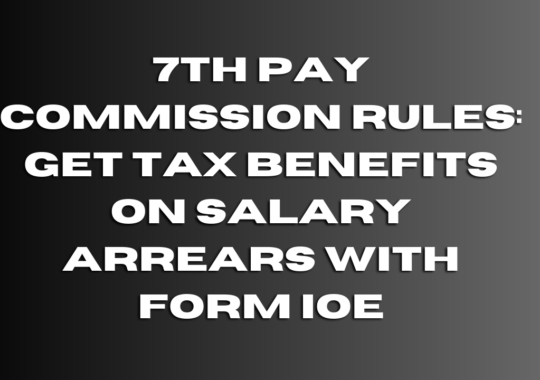Tax rules are a vital aspect of every nation’s fiscal policy. Governments regularly revise tax rules to address economic conditions, close loopholes, and encourage desired behaviors. These changes can impact both individuals and businesses, and it is important to stay informed about the latest tax rules to ensure compliance and minimize tax liabilities. As a new financial year begins, it is crucial to understand any changes to the tax rules and how they may affect your financial situation. In this article, we will discuss the latest tax rules and their potential impacts on individuals and businesses.
Overview of New Tax Rules
New tax rules vary from country to country and are implemented by governments to keep pace with the changing economic landscape. Some of the most common changes to tax rules include adjustments to tax rates, changes to deductions and credits, and new regulations for reporting income and expenses. Governments may also introduce new taxes, such as a carbon tax, to promote environmental sustainability.
In recent years, some countries have introduced new tax rules to address the challenges posed by the digital economy. These rules are designed to ensure that companies that operate in the digital space pay their fair share of taxes. The global pandemic has also led to changes in tax rules, with many countries introducing tax relief measures to support individuals and businesses affected by the economic downturn.
It is essential to stay informed about new tax rules to ensure compliance and avoid penalties. This is particularly important for businesses that operate across multiple jurisdictions, as tax rules can vary significantly from country to country.
Impact on Individuals
New tax rules can have significant impacts on individuals, particularly in the areas of tax rates and deductions. Some of the ways in which new tax rules may impact individuals include:
1. Changes to tax rates: New tax rules may lead to changes in tax rates, either an increase or a decrease. This can affect the amount of tax an individual pays on their income.
2. Changes to deductions and credits: Tax rules may also impact the deductions and credits available to individuals. For example, new tax rules may increase or decrease the amount of the standard deduction, which could impact an individual’s taxable income.
3. Introduction of new taxes: Governments may introduce new taxes, such as a carbon tax or a tax on digital services, which could impact an individual’s tax liability.
4. Tax relief measures: In response to the economic impacts of the COVID
Impact on Businesses
New tax rules can have significant impacts on businesses, both large and small. Some of the ways in which new tax rules may impact businesses include:
1. Changes to tax rates: New tax rules may lead to changes in tax rates for businesses, which can impact their profitability. For example, an increase in corporate tax rates could reduce a company’s after-tax profits.
2. Changes to deductions and credits: Tax rules may also impact the deductions and credits available to businesses. For example, a reduction in the amount of a tax credit for research and development could increase a company’s tax liability.
3. Introduction of new taxes: Governments may introduce new taxes that impact businesses, such as a digital services tax or a tax on carbon emissions. These taxes could increase a company’s tax liability and impact their profitability.
4. Compliance costs: New tax rules may require businesses to invest in new systems or processes to ensure compliance, which can be costly and time-consuming.
5. International tax rules: Businesses that operate in multiple jurisdictions may be impacted by changes to international tax rules, such as the introduction of new transfer pricing regulations.
It is important for businesses to stay informed about new tax rules and how they may impact their operations. Consulting with tax professionals and regularly reviewing tax policies and procedures can help ensure compliance and minimize tax liabilities.
Conclusion
In conclusion, new tax rules are implemented by governments to adjust to changing economic conditions and promote desired behaviors. These changes can impact both individuals and businesses, and it is important to stay informed about the latest tax rules to ensure compliance and minimize tax liabilities. Individuals and businesses may experience impacts such as changes to tax rates, deductions and credits, introduction of new taxes, compliance costs, and international tax rules. It is advisable to consult with tax professionals and stay up-to-date on tax policies and procedures to ensure compliance with the latest tax rules.
Also Read:
- Investment Taxation: Understanding Capital Gains, Dividends, and More
- The Impact Of Inflation On Investments
- The Future of Taxation: Trends, Challenges, and Opportunities Ahead
- Tax Planning Strategies for Small Business Owners and Individuals




